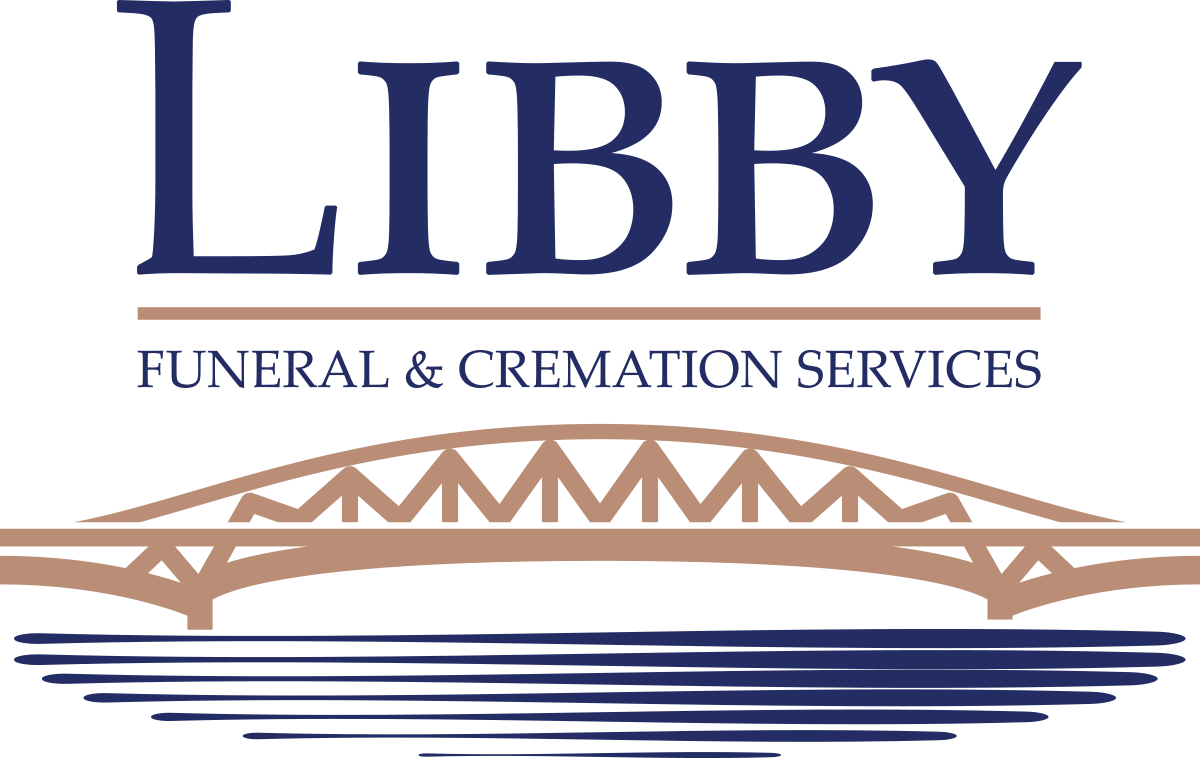Guide on How to Write an Obituary
What is an Obituary?
Death Notice vs. Obituary
The obituary is a longer, more detailed look at the life of the deceased and the death notice is merely a compilation of relevant facts. The obituary also includes those essential details but it expands on them to provide a more complete look at the deceased's life experiences.
The first of the details would, of course, be their name. If she was a married woman, you'll want to include her maiden name and if he or she was commonly known by a nickname, you may want to add that as well.
Other essential details to include when asking yourself how to write an obituary are:
- Their age upon death
- Birthday
- Birthplace
- A list of the surviving relatives
- The date of death
- The location (city/state) where they died
- Details about the funeral service: date, time, place
- Full name
- Date of death
- Where the person lived
We think it benefits the families we serve when we remind them of the simple truth: in writing an obituary for your loved one, you have the opportunity to serve future generations — not only of your immediate family but of the society as a whole. You are, in effect, recording history on an individual scale. It's a humbling yet inspiring thought.
Well-Written Obituaries
- Parents' names
- Information about the spouse and children
- Church affiliations
- Job or career information
- Personal and professional accomplishments
- Personal character and interests
- Influence on his or her community
Double-Check Spelling and Grammar
An Example on How to Write an Obituary
The below example is fairly simple and short. You can use this as a sort of template where you add in the information applicable to your loved one and your situation. For the most part we have colored in green where to add in your specific information. Hopefully, this gives you a framework if you are looking for a simple obituary that still captures the essence of your loved one.
[Full Name], aged [age of the deceased], passed away peacefully on [date of death], at [location of death]. He/she was born on [date of birth], in [birthplace], to [names of parents]. He/she was a proud resident of [city of residence] and was a 1975 graduate of Holy Cross High School. He/she married [name of spouse] on [date of marriage], in [location of marriage]. He/she worked as a financial consultant with Truesdell Management, displaying wonderful problem solving skills. [First Name] was very outgoing and loved exploring and going on adventures. His/her family and travel were his/her two biggest passions. [First Name] always had the ability to make anyone smile. He/she is survived by her wife/husband, [spouse’s first name]; an older brother, [brother’s name] (name of brother’s spouse) Robertson; and many nieces, nephews, and cousins. Family, friends, and others are invited to the [Funeral Home name],[Funeral Home address/location], from [time of ceremony] on [date of ceremony], to reminisce and honor the life of [deceased’s first name].
Still need help with writing an obituary?
We would be happy to offer some suggestions if you're asking how to write an obituary. Call us to discover how we can help you to shine a brighter spotlight on their life.







